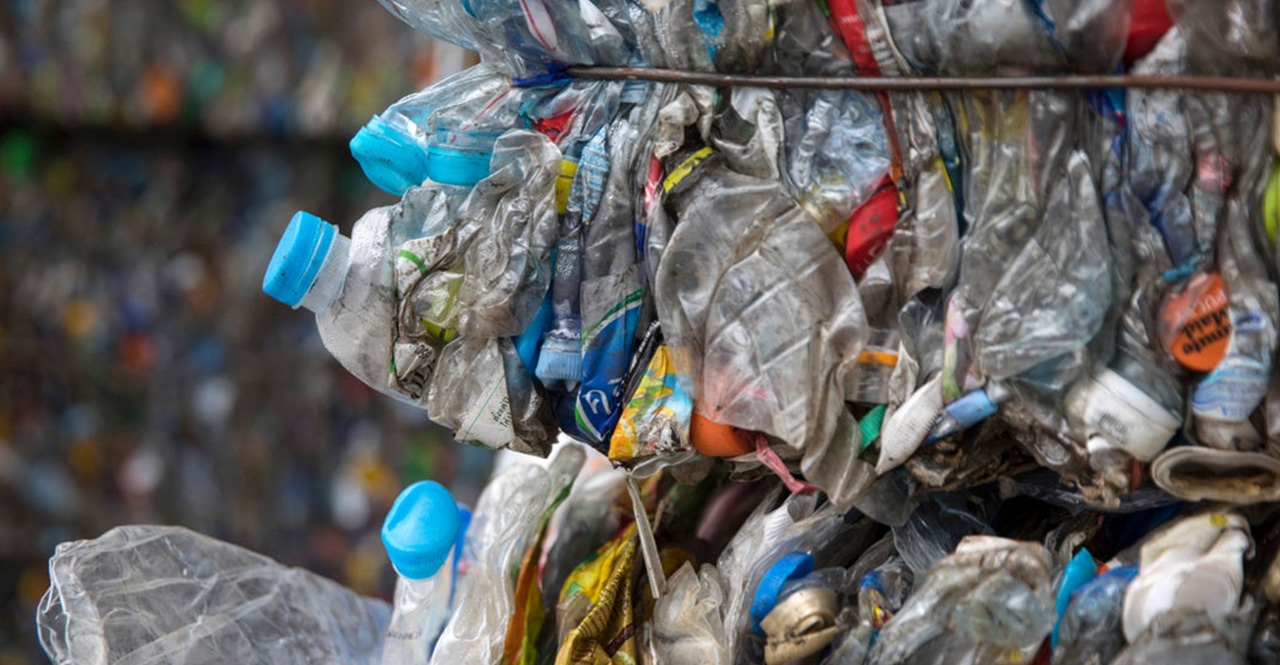Reclaim Waste Melbourne: Top Approaches to Efficient Liquid Waste Removal
Reclaim Waste Melbourne: Top Approaches to Efficient Liquid Waste Removal
Blog Article
Exploring the Value of Reclaim Waste in Sustainable Waste Administration Campaigns
In the world of lasting waste administration, the concept of reclaiming waste arises as an essential part that demands attention and factor to consider. As we browse the complexities of modern garbage disposal methods, the significance of redeeming waste reveals a nuanced method to mitigating ecological influence and promoting a more lasting future. By taking a look at the elaborate interaction in between waste reclamation and lasting waste administration initiatives, we start to unravel a story that extends past traditional garbage disposal techniques. With a lens that focuses on resource effectiveness and environmental conservation, reclaiming waste uses a compelling method for dealing with pushing environmental obstacles while leading the way for innovative options in the realm of waste administration.
Importance of Reclaiming Waste
Why is recovering waste vital in sustainable waste administration practices? Reclaiming waste plays an essential role in lasting waste monitoring by lowering the quantity of waste sent out to garbage dumps, saving natural sources, and decreasing ecological effect.
Additionally, reclaiming waste fosters a round economic climate where materials are reused and reused constantly, promoting a more efficient and sustainable usage of sources. It additionally contributes to the development of eco-friendly work and financial development in the recycling and waste monitoring market. By including waste recovery methods into waste management strategies, areas and services can relocate towards a much more sustainable future, where waste is checked out not as a burden however as a valuable resource.
Advantages for the Environment
In the world of sustainable waste administration, the technique of recovering waste not just saves natural deposits and minimizes waste sent to garbage dumps yet also generates significant advantages for the environment. By recovering waste products, such as steels, glass, plastics, and organic matter, the ecological influence of resource extraction and production is minimized (Reclaim Waste liquid waste removal). This brings about lowered energy consumption, minimized greenhouse gas exhausts, and reduced levels of air and water air pollution related to drawing out raw products
Moreover, redeeming waste aids in the preservation of biodiversity and natural habitats. It reduces the need for garbage dump area, consequently decreasing land degradation and habitat destruction. Additionally, the procedure of recovering waste commonly entails recycling and repurposing materials, which in turn decreases the demand for new products and the associated power and resources required for their production.
Payment to Round Economic Situation
Playing a crucial duty in cultivating sustainability and source effectiveness, recovering waste makes a considerable contribution to the circular economic situation. By reestablishing thrown out products back into the production cycle, redeeming waste decreases the demand for virgin sources, thus minimizing the general environmental influence of source removal and usage. This process aligns with the concepts of the round economic situation, which highlights making the most of the value and utility of resources through closed-loop systems.
As a result, reclaiming waste assists to develop a much more lasting and durable economic climate that is less reliant on scarce sources and vulnerable to disruptions in the supply chain. Eventually, by incorporating waste improvement techniques right into waste monitoring services, efforts and neighborhoods can the original source proactively add to developing a much more circular and regenerative economy.
Reducing Landfill Waste

Education and understanding projects on proper waste disposal and the relevance of decreasing, recycling, and recycling can also play a vital role in minimizing landfill waste. By prioritizing the decrease of landfill waste, sustainable waste monitoring practices can be improved, leading to a much healthier environment and economic climate.

Future Implications
Taking into consideration the quick innovations in modern technology and progressing environmental obstacles, the future ramifications of sustainable waste monitoring are poised to revolutionize existing practices. The fostering of ingenious technologies such as fabricated intelligence, Net of Things (IoT), and blockchain can significantly boost waste tracking, arranging, and recycling procedures. These improvements enable real-time monitoring of waste streams, identification of recyclable products, and improved performance in resource appropriation.
Furthermore, the change towards a round economy design, where resources are reused, reused, or upcycled, will end up being significantly prevalent. This shift not just decreases the dependence on virgin materials however additionally minimizes waste generation, causing an extra eco friendly and sustainable waste management technique.
Furthermore, the integration of lasting waste monitoring practices into wider sustainability schedules is expected to acquire traction. Liquid waste removal. useful source Organizations and governments worldwide are acknowledging the value of waste decrease and recycling in combating environment adjustment and promoting a circular economy. Because of this, plans and guidelines supporting sustainable waste management efforts are likely to end up being a lot more rigid, driving sectors in the direction of even more eco-friendly practices
Conclusion
To conclude, the importance of recovering waste in sustainable waste management campaigns Read More Here can not be overemphasized. By reclaiming waste, we can lower environmental impact, contribute to a circular economy, and lessen landfill waste. This approach holds promise for future ramifications in waste management techniques, highlighting the importance of source performance and ecological sustainability. Reclaiming waste is an important action in the direction of developing a much more lasting and environmentally pleasant future.
By examining the complex interplay between waste improvement and sustainable waste administration campaigns, we start to unwind a narrative that expands beyond traditional waste disposal approaches. Redeeming waste plays a crucial function in lasting waste management by lowering the quantity of waste sent out to land fills, preserving all-natural resources, and reducing environmental influence. By integrating waste improvement methods into waste monitoring neighborhoods, organizations and strategies can relocate in the direction of a more sustainable future, where waste is seen not as a worry yet as a useful source.

Report this page